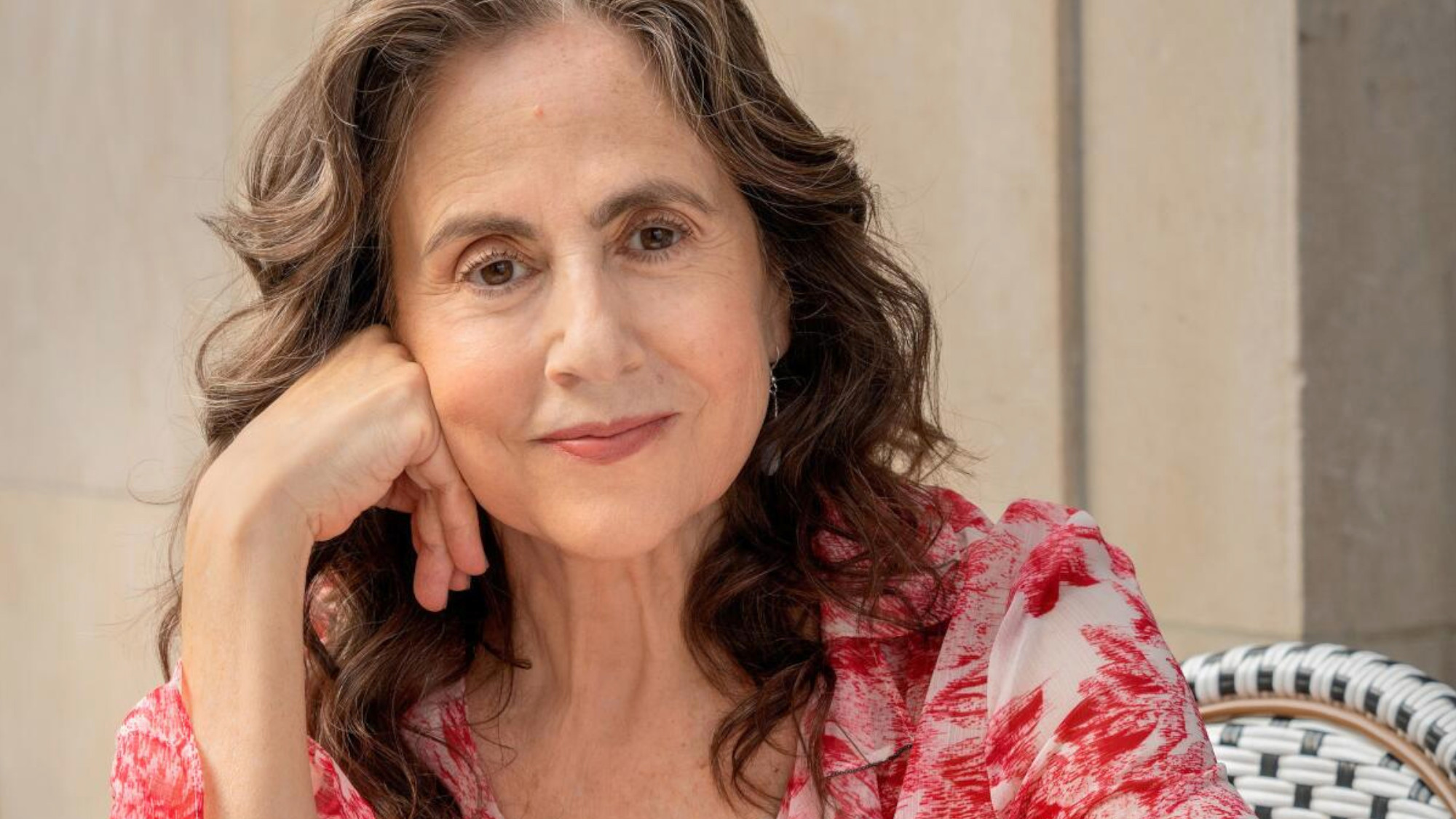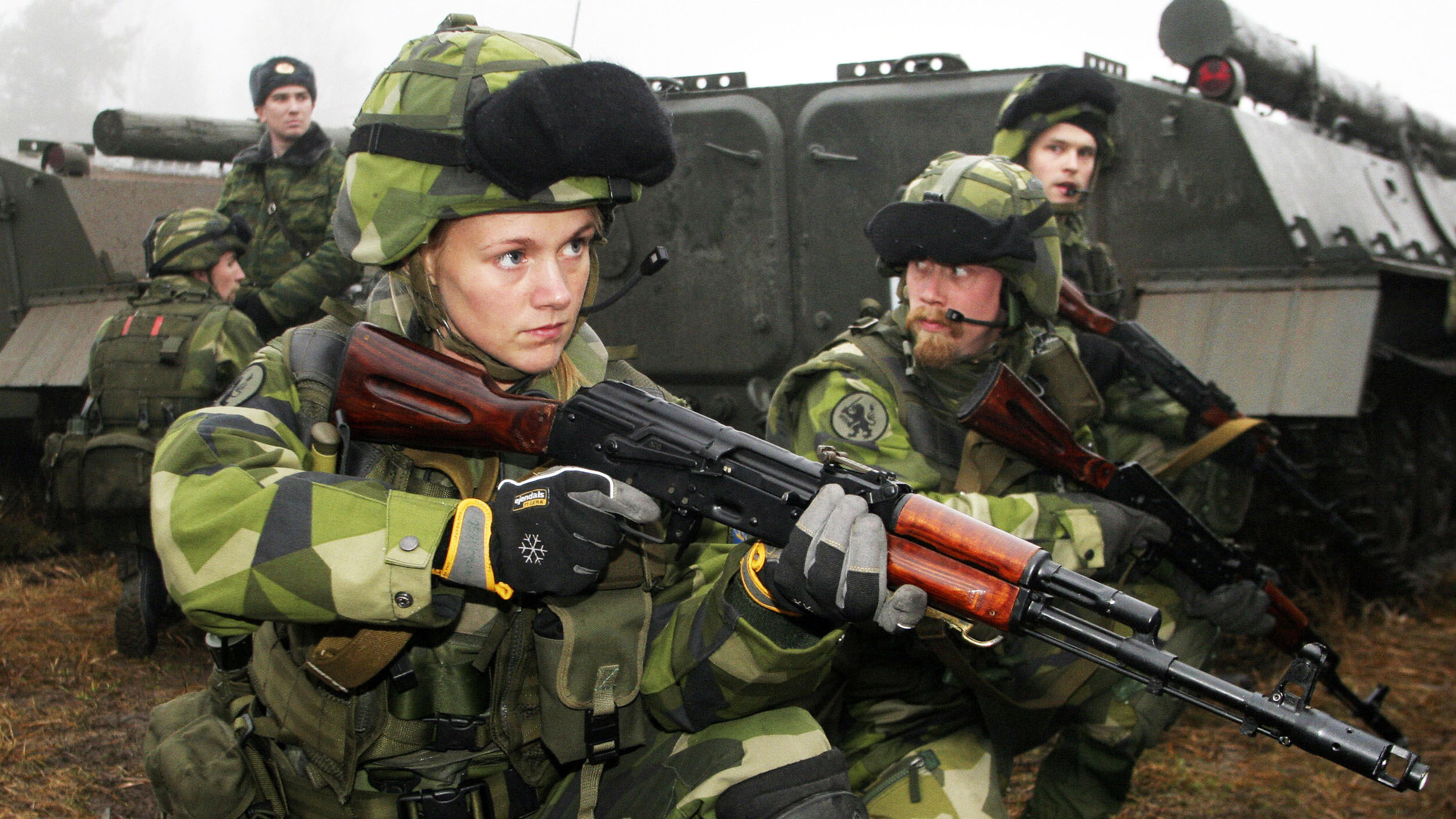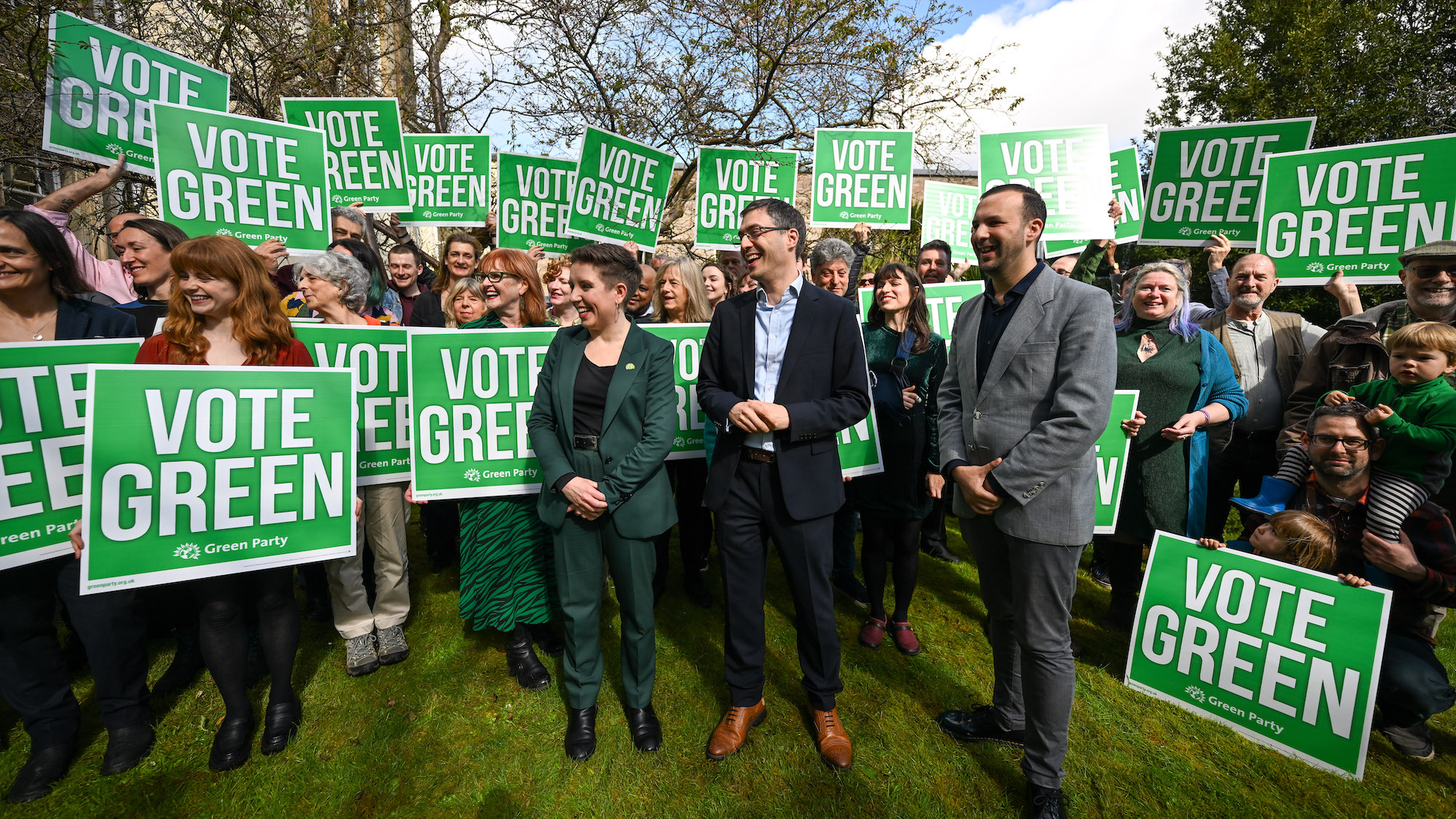The Week Unwrapped: Pint pricing, climate wisdom and centrism
Should pubs charge more at peak times? What can Indigenous cultures teach the West about climate change? And are we disagreeing too agreeably?
Olly Mann and The Week delve behind the headlines and debate what really matters from the past seven days. With Sorcha Bradley, Jess Hullinger and Jamie Timson.
You can subscribe to The Week Unwrapped wherever you get your podcasts:
In this week’s episode, we discuss:
Subscribe to The Week
Escape your echo chamber. Get the facts behind the news, plus analysis from multiple perspectives.

Sign up for The Week's Free Newsletters
From our morning news briefing to a weekly Good News Newsletter, get the best of The Week delivered directly to your inbox.
From our morning news briefing to a weekly Good News Newsletter, get the best of The Week delivered directly to your inbox.
Peak pub pricing
The UK's largest pub chain, Stonegate Group, has introduced "dynamic pricing" in 800 of its 4,000 pubs and bars. It means that during peak hours, such as evenings and weekends, its pubs will charge about 20p more per pint. The group says the price increase is to cover increasing operation costs, and they will offer cheaper deals at quieter hours. Is dynamic pricing the solution to keeping our beloved British pubs afloat, or will punters end up priced out?
Indigenous climate knowledge
Ancient wisdom may not be the most obvious resource for a government-funded climate research body, but the US National Science Foundation has said it will spend $30 million incorporating Indigenous knowledge into its approach to finding solutions for to “the urgent and interconnected challenges of climate change, cultural places, and food security”. Is this just window-dressing, or a serious attempt to broaden scientific horizons?
Centrist podcasts
From Alastair Campbell and Rory Stewart to Ed Balls and George Osborne centrist podcasts are on the rise, promising agreeable disagreements and a salve for the wounds in our polarised society. But what makes them so popular? And could they actually be doing more harm than good?
A free daily email with the biggest news stories of the day – and the best features from TheWeek.com
-
 Deep thoughts: AI shows its math chops
Deep thoughts: AI shows its math chopsFeature Google's Gemini is the first AI system to win gold at the International Mathematical Olympiad
-
 Book reviews: 'Face With Tears of Joy: A Natural History of Emoji' and 'Blood Harmony: The Everly Brothers Story'
Book reviews: 'Face With Tears of Joy: A Natural History of Emoji' and 'Blood Harmony: The Everly Brothers Story'Feature The surprising history of emojis and the brother duo who changed pop music
-
 Helen Schulman's 6 favorite collections of short stories
Helen Schulman's 6 favorite collections of short storiesFeature The award-winning author recommends works by Raymond Carver, James Baldwin, and more
-
 The Week Unwrapped: Why are we watching the ocean floor?
The Week Unwrapped: Why are we watching the ocean floor?Podcast Plus, what can we learn from a football club on the brink? And which jobs will fall to AI first?
-
 The Week Unwrapped: Could AI replace catwalk models?
The Week Unwrapped: Could AI replace catwalk models?Podcast Plus, should countries sue each other for climate damage? And what does Grand Theft Auto 6 tell us about the video game industry?
-
 The Week Unwrapped: Are electric bikes 'invading' London?
The Week Unwrapped: Are electric bikes 'invading' London?Podcast Plus, why is Volodymyr Zelenskyy opposing anti-corruption laws? And how will US withdrawal affect Unesco?
-
 The Week Unwrapped: Should women be conscripted?
The Week Unwrapped: Should women be conscripted?Podcast Plus, are digital ID cards inevitable? And why do women get more ACL injuries?
-
 The Week Unwrapped: How do you turn plastics into paracetamol?
The Week Unwrapped: How do you turn plastics into paracetamol?Podcast Plus, what is the Wagner Group doing now? And why is it so hard to find a job after university?
-
 The Week Unwrapped: Could the Greens ape Reform UK?
The Week Unwrapped: Could the Greens ape Reform UK?Podcast Plus, are more people opting out of public services?
-
 The Week Unwrapped: How did South Korea become a cultural powerhouse?
The Week Unwrapped: How did South Korea become a cultural powerhouse?Podcast Plus, what does a vote on citizenship tell us about Italy? And is the future of football six-a-side?
-
 The Week Unwrapped: How did Japan become a space superpower?
The Week Unwrapped: How did Japan become a space superpower?Podcast Plus, why on earth are Labubu dolls so popular? Will buy-now-pay-later cause a new financial crisis?